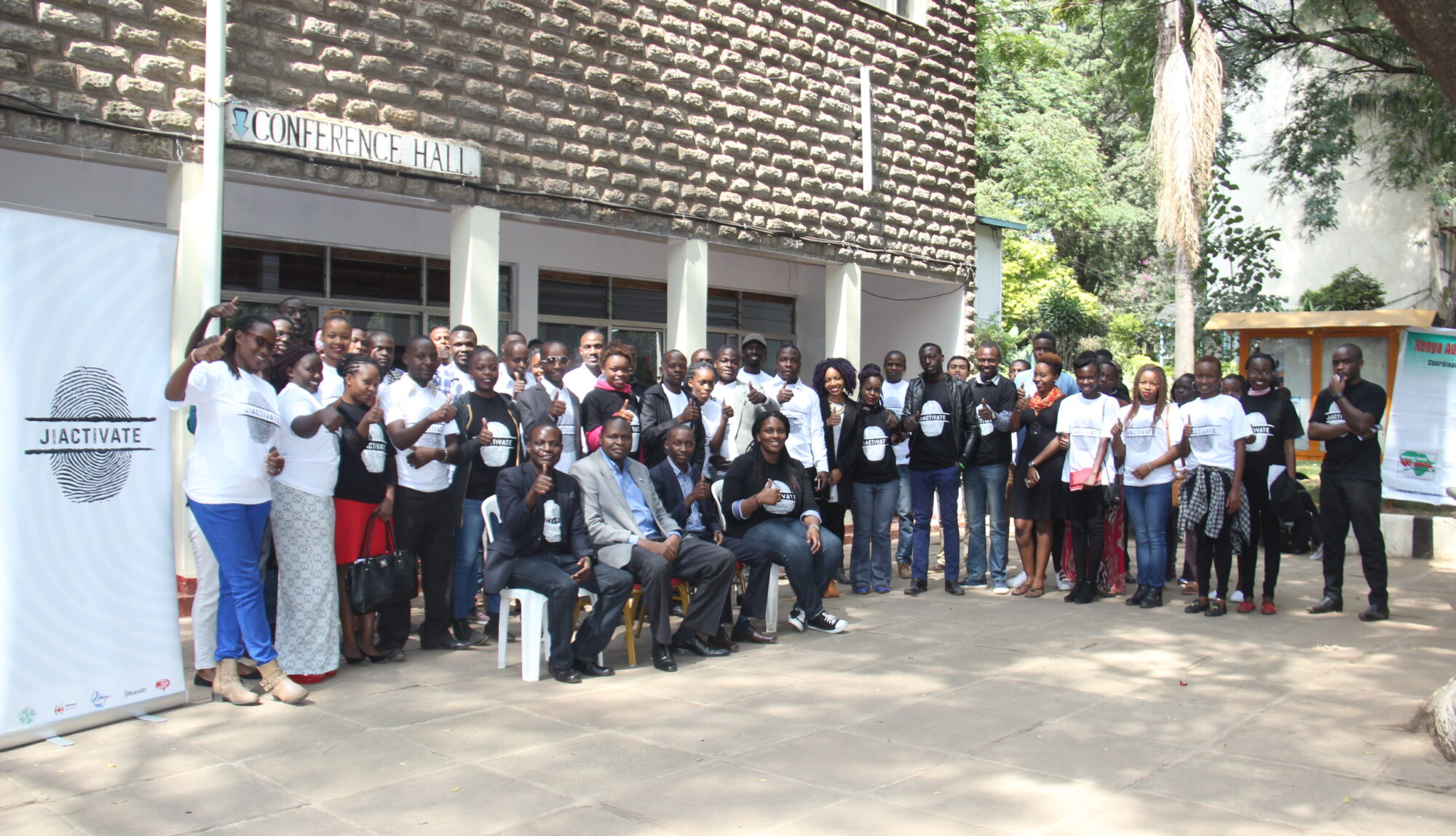The Youth Commission: The Hallmark of Youth Win in BBI Referendum Bill

On 24th February 2020, the Organization of African Youth-Kenya presented a memorandum to the Building Bridges Initiative Taskforce. The vision is that the Role of Youth Work will entrench Shared Prosperity, National Ethos, and Inclusivity. The memorandum calls for the entrenchment of Youth Work and Youth Mainstreaming as a National Approach to Youth Empowerment.
The snippet of the memorandum is as below;
The BBI report outlines the key challenges facing the youth especially lack inclusivity, unemployment, lack of adequate participation, and barriers to access to services and opportunities. There is a need to contextualize the issues further while emphasizing the gains. Pointing out gaps and carrying out more youth-focused dialogue on the Kenya Youth is vital. It is a primary concern to address these challenges; we call for a specific focus on Youth Work as a policy and legislative approach to addressing diverse youth challenges across ages. There is a need for guidance on creating an enabling environment for youth workers to deliver youth work. According to Commonwealth, Youth Work entails all forms of rights-based youth engagement approaches that build personal awareness and support young people’s social, spiritual, political, and economic empowerment, delivered through non-formal learning within a matrix of care.
According to the Commonwealth, youth workers can be generally defined as professionals working with the youth in a range of settings. Youth workers are largely found working in street-based settings, within social/welfare services, sports/recreational centers and arts facilities, youth groups and clubs, faith-based facilities, learning institutions, libraries, hospitals, children’s homes, and young offenders’ institutions. Youth workers can also be found working with the National and County Governments, non-governmental organisations, and private sectors.
Recommendations for Professionalizing Youth Work
Generally, with the current less focus on the policy framework and the subjective/reactive approach to youth work, the youth’s development needs are marginally addressed. This has hindered the youth’s active participation and impeded the capacity of the youth officers to deliver professional youth services. The lack of chances to access professional education and training for the youth officers/youth workers is a core hindrance to the quality of care and support to the youth.
Key concerns identified;
Youth work is yet to be recognized as a professional practice.
i. There is a lack of chances for professional education and training for the youth workers.
ii. Unsustainable and non-predictable youth mandate and resourcing especially at the ministerial/Presidential level
iii. Youth mandate is not well defined with a lot of duplications at the county levels
Policy and legislative actions:
i. Promote youth work education, training and professionalization
ii. Parliament to Pass Youth Work Act as the case of EU Nations
iii. Creation of Youth Commission or National Youth Agency to streamline youth issues, ensure the stability of programs, and resourcing of the youth affairs.
OAY Advocacy wins
The proposed creation of The Youth Commission in The Constitution of Kenya ((Amendment) Bill, 2020 Article 237 A) is the singular most significant youth-focused win in the BBI report. We are happy to be associated with the proposal and pride ourselves as the originator of the idea that will hallmark the Kenyan youth sector for generations to come.
Here is what we envisioned in the memo;
If passed, there will be better coordination of youth functions at the county and national levels to mitigate the current duplications and unclear engagement strategies. A constitutional body, more superior than one created through an Act of Parliament, will mean that youth issues will be given prominence at programs and policy levels, and meaningful youth participation ensured. The Commission will promote evidence-based interventions and research so that the evolving youth dynamics and generational diversities are reflected in planning and youth investment. The advisory role will strengthen government program design. The Commission will equally promote ethical practice in the sector, enhance mutual accountability, and promote transparency among stakeholders and partners. Lastly, the Commission will promote education and training in youth work and responsible citizenship in line with current global practice.